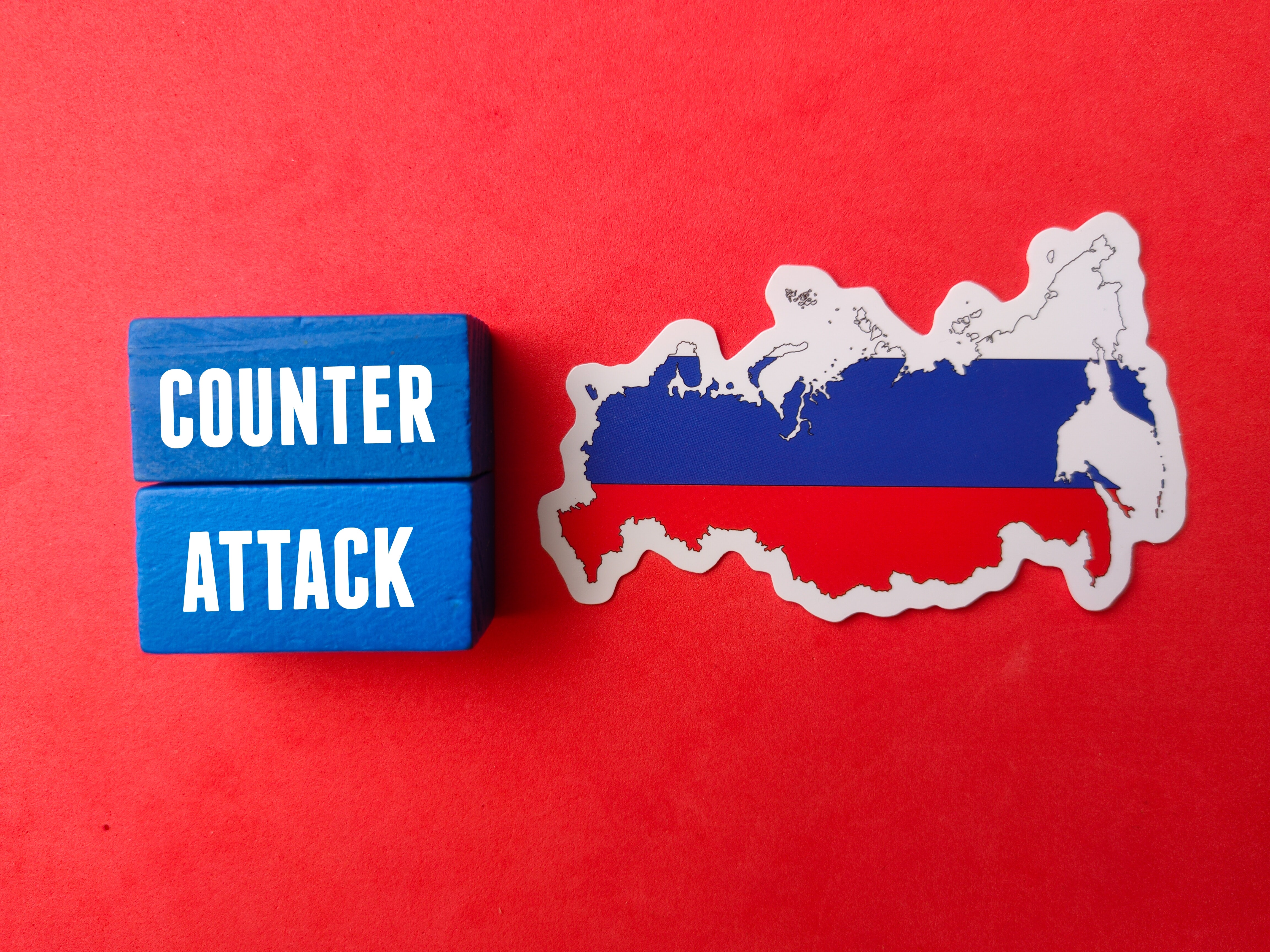
403
Sorry!!
Error! We're sorry, but the page you were looking for doesn't exist.
Impact of Russia's conflict on Ukraine's ethnic Greek minority
(MENAFN) Natalia Harakoz died in the basement of her apartment building in the besieged southern Ukrainian city of Mariupol in early May.
The 86-year-old writer had moved to the underground bunker after Russian shelling damaged her flat and vast library, which housed works she had authored in her native Greek depicting the lives of Ukraine's Greek diaspora.
The first was released in 1989, when perestroika reforms ended Communist-era censorship and offered ethnic Greeks in Ukraine a voice and an opportunity to rediscover their collective Odyssey.
Her final novel was published in 2013, a year before Russia took Crimea, the ancestral territory of her clan.
"Crimea" and "Russia" are crucial phrases in the history of the Mariupol Greeks, whose diaspora was the greatest in the former Soviet Union - 80,000 people, according to official figures, or at least three times that, according to community leaders.
After Ukrainians and Russians, they were the third-largest ethnic minority in the southern Donetsk area, but the conflict decimated and displaced their community.
The 86-year-old writer had moved to the underground bunker after Russian shelling damaged her flat and vast library, which housed works she had authored in her native Greek depicting the lives of Ukraine's Greek diaspora.
The first was released in 1989, when perestroika reforms ended Communist-era censorship and offered ethnic Greeks in Ukraine a voice and an opportunity to rediscover their collective Odyssey.
Her final novel was published in 2013, a year before Russia took Crimea, the ancestral territory of her clan.
"Crimea" and "Russia" are crucial phrases in the history of the Mariupol Greeks, whose diaspora was the greatest in the former Soviet Union - 80,000 people, according to official figures, or at least three times that, according to community leaders.
After Ukrainians and Russians, they were the third-largest ethnic minority in the southern Donetsk area, but the conflict decimated and displaced their community.

Legal Disclaimer:
MENAFN provides the
information “as is” without warranty of any kind. We do not accept
any responsibility or liability for the accuracy, content, images,
videos, licenses, completeness, legality, or reliability of the information
contained in this article. If you have any complaints or copyright
issues related to this article, kindly contact the provider above.

















Comments
No comment